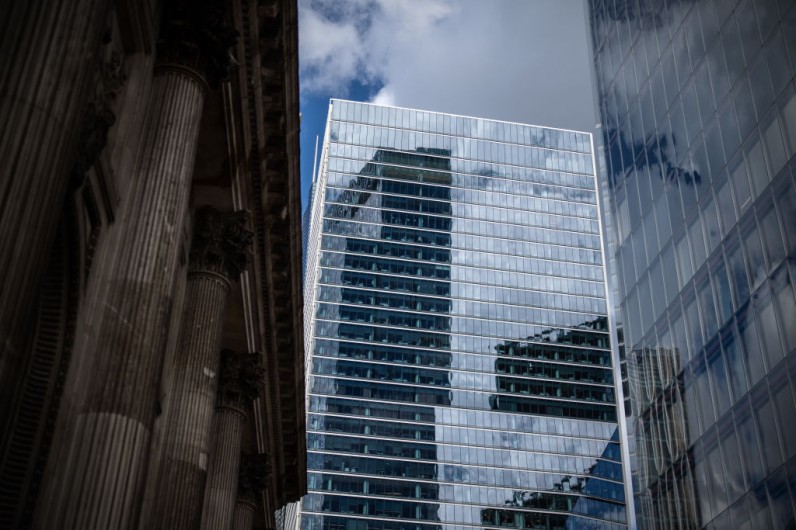
In 2023, AP News reported that the average compensation package for CEOs of S&P 500 companies surged to $16.3 million, marking a 12.6% increase. This is compared to private-sector workers who only saw a 4.1% rise in wages and benefits, an apparent disparity that shows a growing gap between executive salaries and worker earnings.
Over the years, the economic rebound post-pandemic increased profitability and stock prices, resulting in substantial CEO rewards. Despite challenges from inflation and higher interest rates, many CEOs received higher pay bumps, with some seeing increases of 50% or more.
However, Sarah Anderson of the Institute for Policy Studies notes that this widening gap worsens Americans' dissatisfaction with the economy. While CEOs benefit from rising compensation tied to company performance, workers face stagnant wages amidst inflation.
READ MORE : Tesco CEO Ken Murphy's Pay Skyrockets to £10M Following UK Supermarket's Stellar Performance
How do CEOs get so much money?
So, how do CEOs end up with such hefty paychecks? Corporate boards, under pressure from shareholders, have tied CEO compensation to performance. This means that a significant portion of their pay packages comes in the form of stock awards, which can skyrocket in value if the company performs well. This trend, combined with increased compensation, has led to CEOs earning nearly 200 times more than an average worker in some companies.
Top earners like Hock Tan of Broadcom Inc., who received a pay package valued at $162 million, exemplify this trend. Tan's compensation, primarily consisting of stock awards, reflects Broadcom's soaring market value and total shareholder return.
Despite criticism, shareholders overwhelmingly support executive compensation plans, with only a few cases seeing rejection. A recent VCPost report showed the same behavior in Tesla shareholders, who rejected a Proxy Voting company's suggestion to turn down Elon Musk's $56 billion pay package.







Join the Conversation